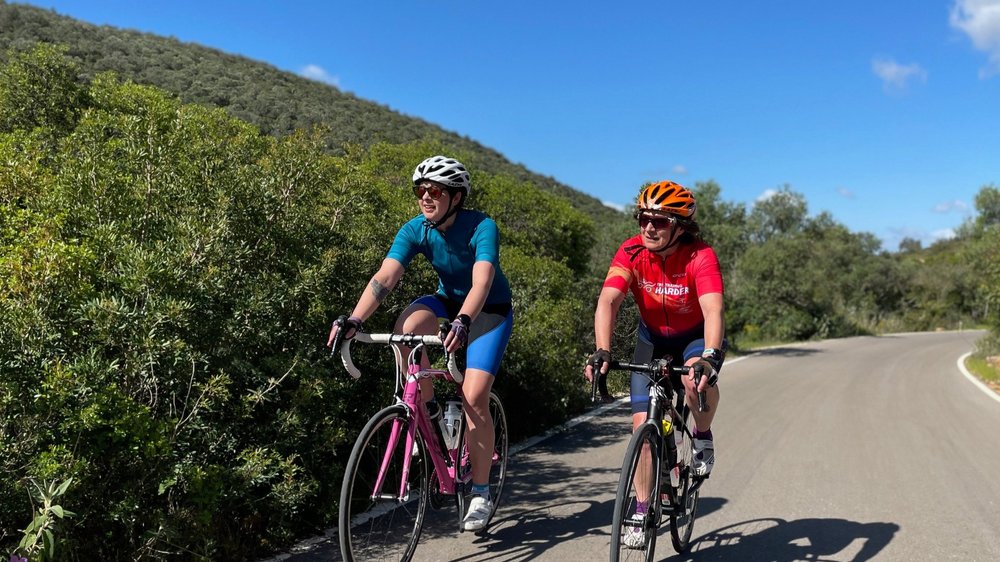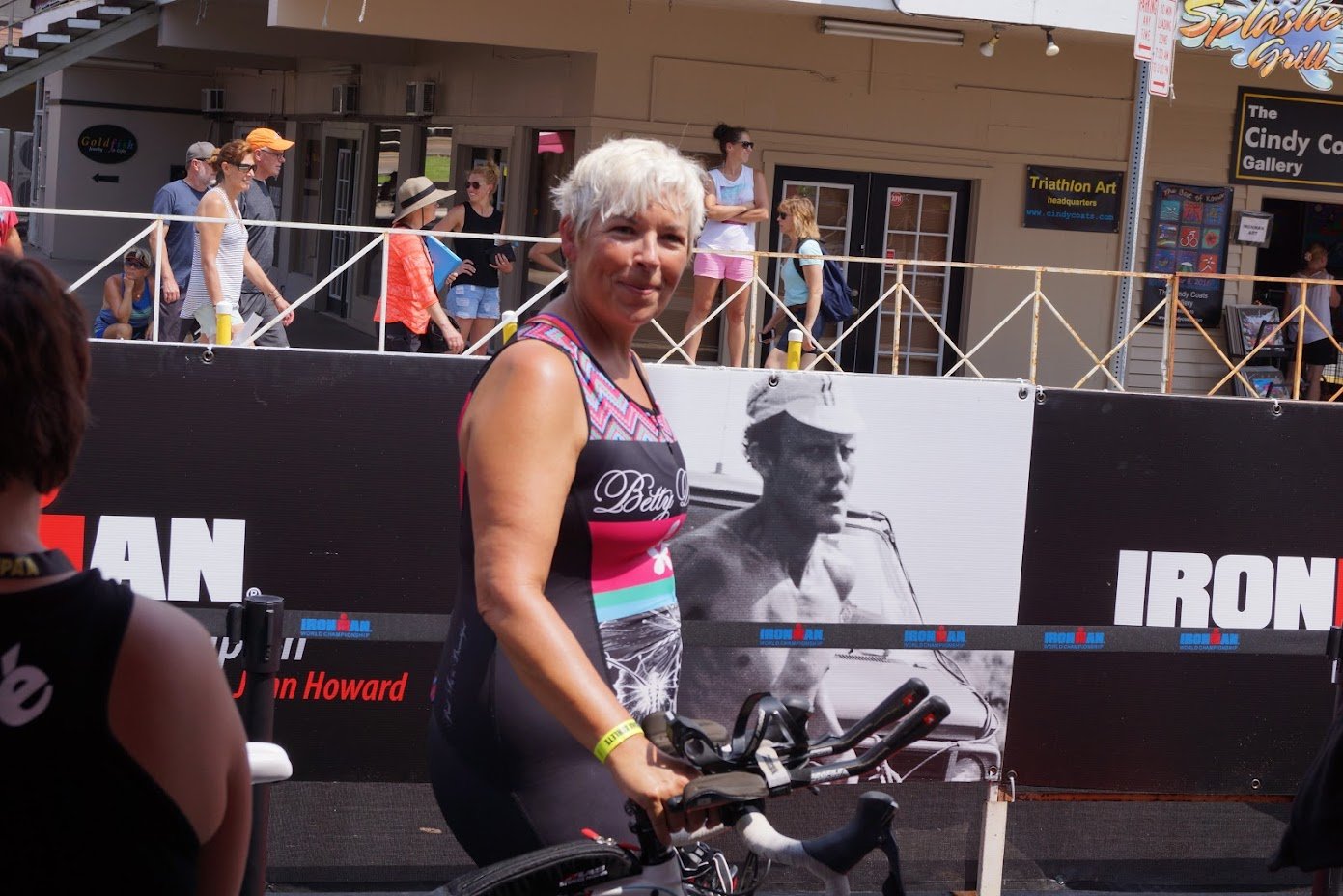How to be an endurance athlete post menopause?
In a recent series of blogs Coach Denise has looked at the impact of the menstrual cycle, contraception and perimenopause on the female athlete. In this article she looks at what athletes and coaches should consider in the postmenopausal phase of life.
It sometimes seems like the life of a female athlete is one of complexity and change. When compared to male athletes, women have so many more issues to deal with throughout their lifetime. Most studies on athletes have been conducted on men, and one of the reasons given is that the impact of the menstrual cycle is so different for every woman that it can be hard to see what is a real effect vs what is a monthly or individual response. This just highlights the complexity of being a female athlete and trying to navigate all of the different influences on the body.
Dealing with monthly hormone fluctuations is one aspect of thinking about training as a female athlete. While the exact impact of these hormone fluctuations are different for everyone, for most women there is a regularity throughout the month that they know and understand. How our bodies react to training at different times of the month becomes part of our training regime. It is possible to adjust training plans to accommodate the variations we know we will feel in different parts of the monthly cycle.
Over time, a number of things can influence this response:
Contraception can cause hormone levels to change and period intensity to reduce. This may have the knock on effect of changing how the individual feels across the monthly cycle.
Pregnancy will certainly impact the hormone levels and so impact on training, as well as the pregnancy itself having a physical impact.
Postpartum hormone levels, decisions on breast feeding and further pregnancies can also impact hormone levels further.
Just as most women are feeling that they know and understand their bodies, the perimenopause kicks in. The variation in hormone levels from month to month as oestrogen levels reduce erratically leads to a number of symptoms through this period. This period can last for up to 14 years, and may well start without any very obvious signs.
Post menopause is the phase when 12 months have passed without a period. Hormone levels are more stable, though a number of menopausal symptoms can continue for some time. The average age at which post menopause occurs is 51, with a typical age range of 45-60. Whenever it occurs, with life expectancy levels rising most women will have many years of post menopausal life. At this time there is an increased risk of heart disease and osteoporosis, so in addition to training for race performance, fitness and general health, there are some considerations for the best way to mitigate these increased risks.
There has been some research in this area which has shown that increasing power work will help to strengthen bones and muscles for older adults. It has been known for some time that lifting weights helps to strengthen bones, and for post menopausal women it is recommended to include some weight work within a training program. Power work involves lifting weights rapidly, or undertaking dynamic, fast movements with or without weights. Also, including sprint sessions on the bike or running is thought to be beneficial for post-menopausal women. Dr Stacy Sims is a good resource for more information in this area. For triathletes it makes sense for the training plan to include some strength and plyometric work which is appropriate for the muscles being used when swimming, cycling or running.
As we all age one of the impacts of that ageing is that our bodies take longer to recover from sessions, and build the stronger muscle that we are all working on. Balancing the desire to train hard for an event, or to keep training as a way to show we can still work as hard as we have always done, with the ability for the body to recover is a fine balance.
This is where a good coach can really help. Being open with your coach about where you are in terms of perimenopause / post menopause will help them to know what the right training approach for you is. By talking through how hard sessions are and what recovery time you feel you need the coach can make sure that your training plan is maximising your ability to keep training effectively and safely. With the right approach, you can continue to train and race for many years as a post-menopausal athlete.

Denise has been coaching triathletes since 2019 as a coach at her local triathlon club in West Lothian. Between 2019 and 2022, Denise was the Head coach in the club, working with a team of coaches to support and develop triathletes with a wide range of capabilities, completing her BTF Triathlon Level 2 coaching qualification in 2021.
Denise joined Tri Training Harder as a coach in 2021, building on the qualifications through the experience and knowledge passed on by the coaching team.
In 2019 Denise set up and continues to run her own Jog Scotland running group, a mixed ability group of runners who meet weekly. This delivers on her passion for helping people to do much more than they think they can.
Visit Denise's
Coach profile
We’re here to help
Tri Training Harder are one of the leading Triathlon coaching providers in the UK, using our wealth of experience to unite scientific and technological research with already well-established and successful best practices, to create a formula for triathlon and endurance coaching that works.
The result is an honest, dynamic, yet simple new way of constructing an athlete’s training to allow them to reach their potential.
If you’re planning your next season, just starting out in the sport or are looking for extra guidance at the very top end of the field, we are here to help, and our coaches would be delighted to hear from you. You can contact us via the website, and one of the team will be in touch.

